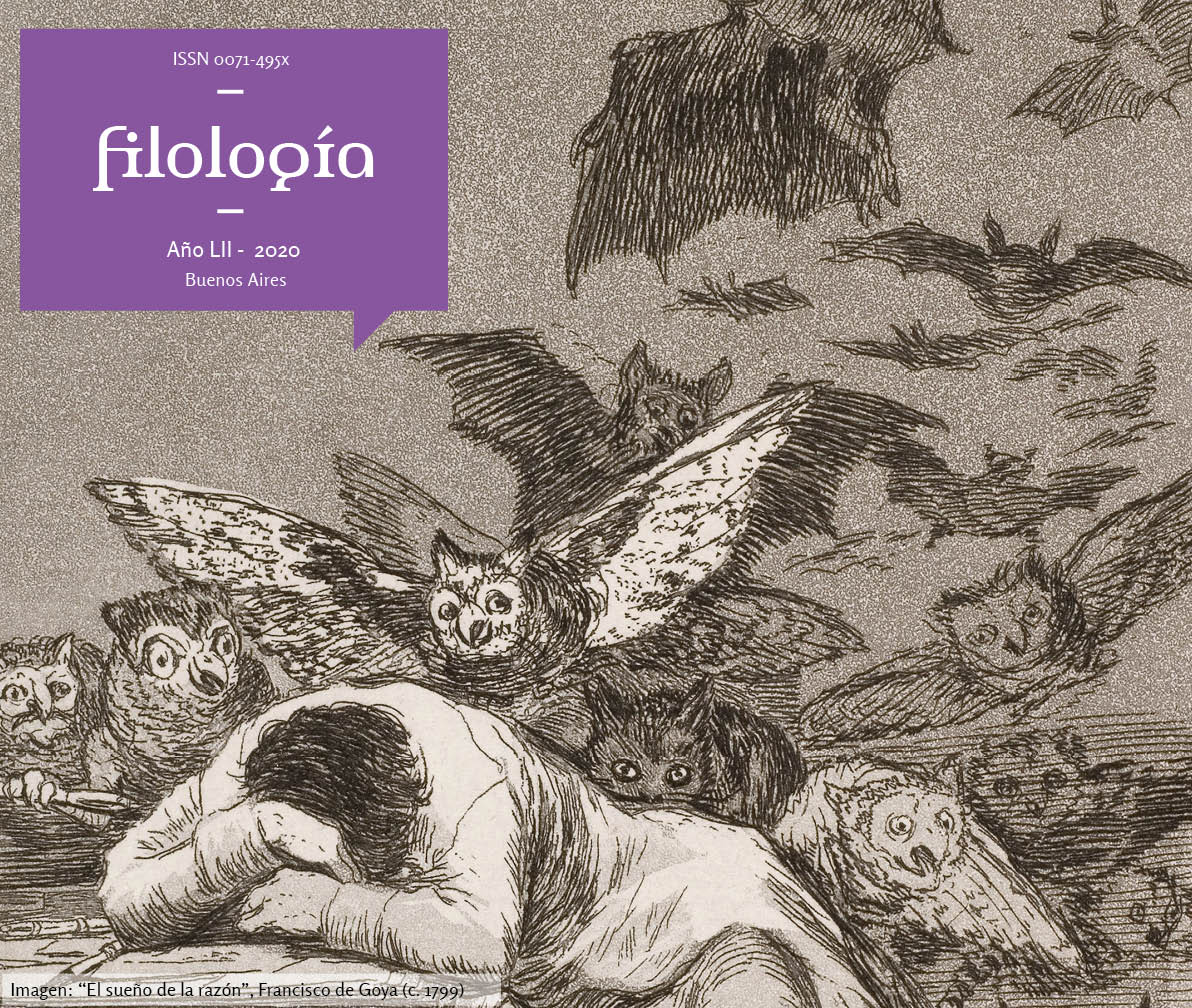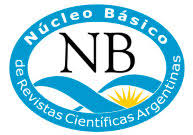“Y volver, volver, volver”: picaresque rewriting and possible worlds in Para morir iguales by Rafael Reig
Keywords:
rewriting, picaresque, myth, possible worlds
Abstract
Contravening the myth of the rogue studied by Claudio Guillén, the Asturian narrator Rafael Reig reasserts his literary project by paying tribute to popular genres, and particularly to the picaresque, through his novel Para morir iguales (2018). In this work, the protagonist’s journey conforms to several essential elements of the classical genre of the Siglos de Oro, whereas others are denied and rewritten in a paradoxical movement typical of postmodernity. Standing out among such rewritings is the narrative motif of the impossible return to childhood, understood as the hero’s only way to redemption. This results in a picaresque narrative that has as its starting point the final stage of Francoism, a childhood of hardships in the Holy Family, and orphanhood due to the death and imprisonment of the main character’s parents following a guerilla operation. The memories of this early youth, however, seem to be a beacon of hope enlightening the darkest periods of contemporary Spain. We are facing a new kind of rogue, one who seeks to return to his childhood of misery, considering it to be the only true stage of his life, his only possible world (as well as a utopian world), in Lubomír Doležel’s terms.Downloads
Download data is not yet available.
Published
2021-04-22
How to Cite
Bacigalupe Echevarría, R. (2021). “Y volver, volver, volver”: picaresque rewriting and possible worlds in Para morir iguales by Rafael Reig. Filología, (52), 5-18. https://doi.org/10.34096/filologia.n52.10084
Issue
Section
Artículos














